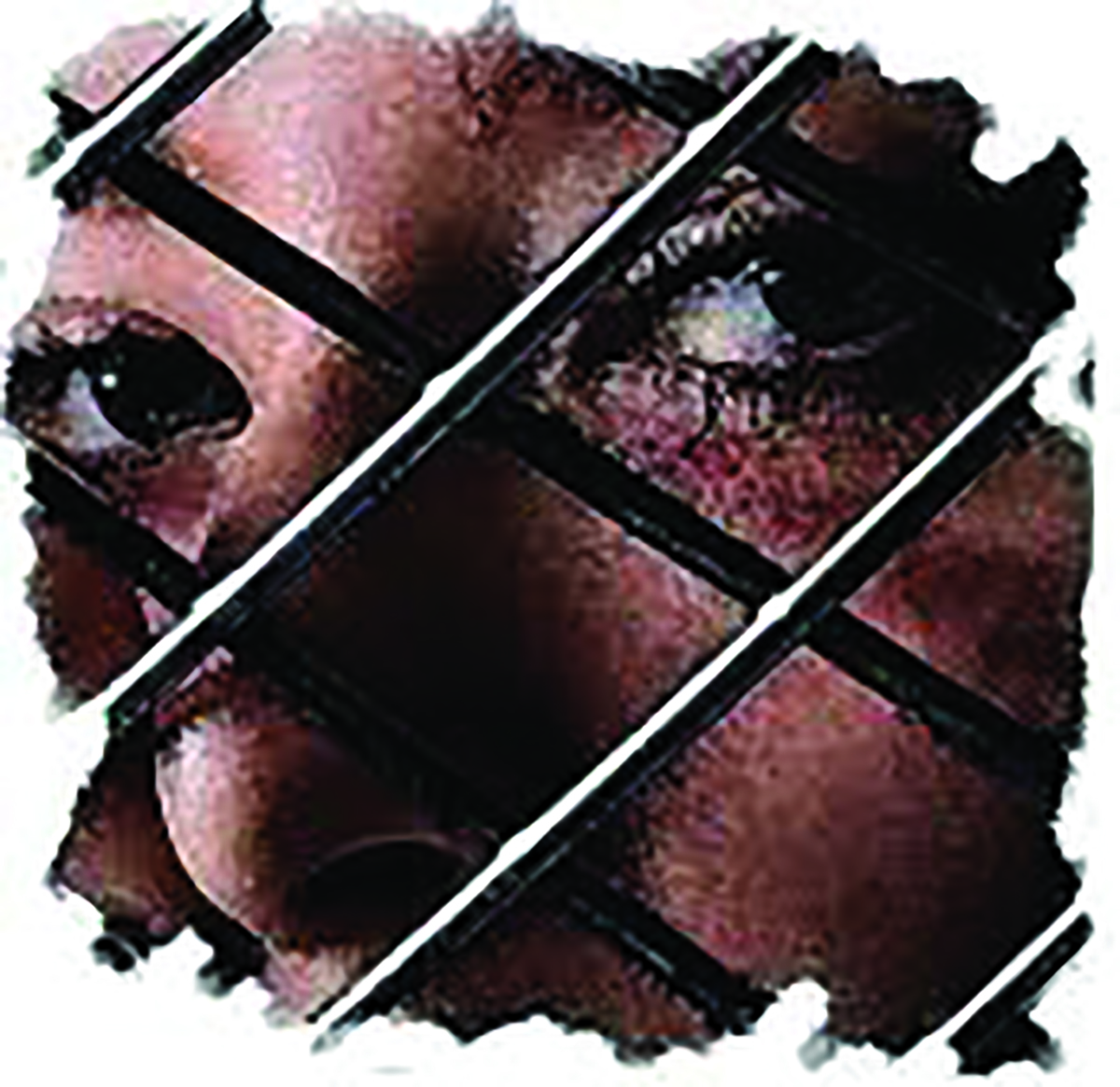
May 25, 2018
By Levi Bond
As I reflect on hiding, the thought that keeps coming to mind is that hiding is a protection method, and it is usually the easiest method of protection. When I leave my car in a public parking lot, I hide things that a criminal might want to steal. When I was in the US Air Force, I had access to information that had to be hidden, and we learned to set up camouflage tents to hide our equipment. In everyday life, there are good reasons to hide things.
A good Biblical example of hiding is found in Joshua 2. Joshua sent two spies to Jericho to gather intelligence on the city and then they could make war plans. These two spies went to the perfect place for men visiting town to hide out. They went to the home of a prostitute named Rahab. Men were probably coming and going from her home on a regular basis, so their visit would not be noticed—but they were noticed. Rahab took further action to hide them when the authorities came knocking. She told them that the men had left and they needed to chase them. When the spies left, she instructed them to hide outside of the city for three more days to avoid capture. The spies made a covenant with Rahab to protect her and her family.
Hiding is not a sin in most cases. The spies were hiding and Rahab helped them hide. By hiding, the spies were able to fulfill their mission and not get into any ugly confrontations. There are many times in life when hiding is the best way to protect ourselves. Hiding is passive, but extremely effective. In relationships with others, sometimes hiding is the best way to resolve a bad disagreement. I was threatened by a neighbor who was getting evicted a few years ago. The sheriff advised me to avoid or hide from him and to call them if things escalated. I followed their advice for a few weeks until he moved out—the situation never escalated. Hiding was by far the best way to resolve that situation and not get into trouble.
A much more difficult decision is when not to hide. When do you open up and share information with another person or God? Of course, God can be trusted to handle information appropriately 100% of the time. It takes a lot more discernment to know who can be trusted with sensitive information. Rahab confessing and repenting of sin is not recorded in Joshua 2. Later in Joshua, her faith is evident in her actions of hiding the spies and following through with their instructions to save her family. She was also mentioned in Hebrews 11, the faith chapter. At some point, she probably did confess and repent of her sin, but it was not recorded in the Bible.
I am speculating here, but I think it is possible that Rahab confessed her sins to the spies and repented while they were staying with her. If the spies did hear her repent, I think they handled it appropriately. They kept confidential information confidential. They did not share confidential information in a book that would be read by billions of people later. Even when you confess sin, there is usually still a responsibility to hide, but it is the responsibility of the other person. That person has to hide what he or she learned. All pastors and Christian leaders get into situations where someone reveals information that still needs to be hidden.
I give a few examples, but a short article cannot give great details of when to hide and when not to hide. If you would like more information on that, I recommend reading the book Boundaries by Dr. Henry Cloud and Dr. John Townsend. I read that book last year as I was working on issues of hiding. The front cover says “When to say yes, how to say no, to take control of your life.” I could easily change that title to “When to hide and when not to hide.”


